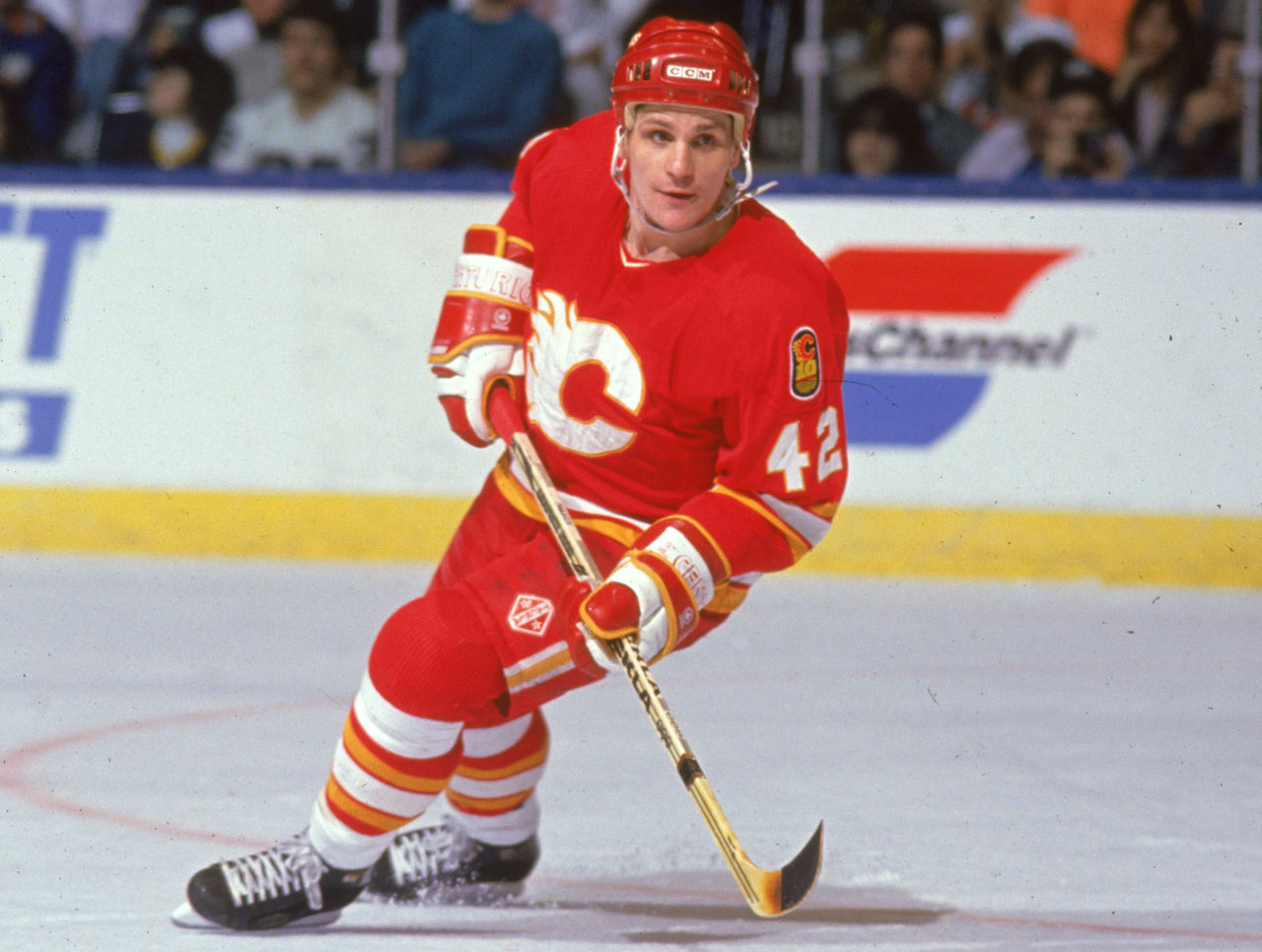Panarin's Calder nomination raises questions about award eligibility
On Monday, Connor McDavid, Shayne Gostisbehere, and Artemi Panarin were nominated for this season's Calder Trophy, re-sparking an age-old question: should the age limit of the award be changed?
This year's nominees see just one teenager up for the award in the Edmonton Oilers phenom McDavid. Chicago Blackhawks forward Panarin, who is 24 and will turn 25 next October, has been at the helm of the debate with some questioning whether, at his age, should he still be considered a rookie.
Related: Blackhawks' Panarin credits Anisimov with his line's success
The current criteria for the award states that a player must be 26 years old or younger on Sept. 15 of their rookie year and cannot have played more than 25 games in any preceding NHL seasons or six or more games in any previous major professional leagues.

The rule was changed following the Calder win by Calgary Flames forward Sergei Makarov, who captured the title after coming over from Russia, tallying 24 goals and 86 points as a 31-year-old in 1990.
Still, a sour note hangs over the rule as Panarin - should he win - will do so with roughly five years on most NHL rookies.
Panarin entered this season having played the last nine years in the KHL, turning heads in his final campaign in the league posting 26 goals and 62 points in 54 games, while also going a point per game in 20 playoff contests.
The NHL - for reasons not entirely known - doesn't consider the KHL as a major professional league, as on-lookers might question why a player such as Panarin can be nominated.
His past hockey experience aside, the question still remains whether the age of nominees should be younger. Since Makarov's win during the 1989-90 season, the next oldest rookie of the year winners have been Ed Belfour and Evgeni Nabokov, who both won as 25-year-olds.

In fact, the last Calder Trophy winner to be over the age of 20 was Steve Mason who captured the award in 2009 at 20. Meanwhile, the average age of winners since Makarov's victory is 19.7 years.
A new rule might be warranted, and given the history of previous winners, only in rare occasions would a seemingly "older rookie" be impacted. Perhaps a player should only be eligible for a certain amount of years after their draft year?
Getting back to this year's nominees, it should also be noted that while Panarin enters as a 24-year-old, Gostisbehere is a 23-year-old himself.
Panarin paced all rookies this season in goals and points with 30 and 77, respectively, finishing 21 points ahead of the next high-scoring first-year player. He is undoubtedly deserving of the title, but it remains to be seen if moral disagreement in the award's criteria will hurt his chances.